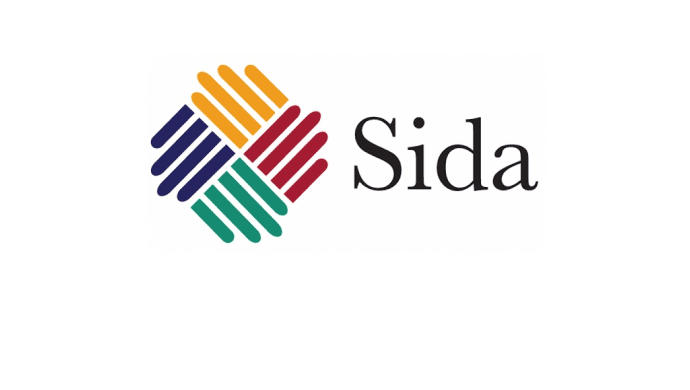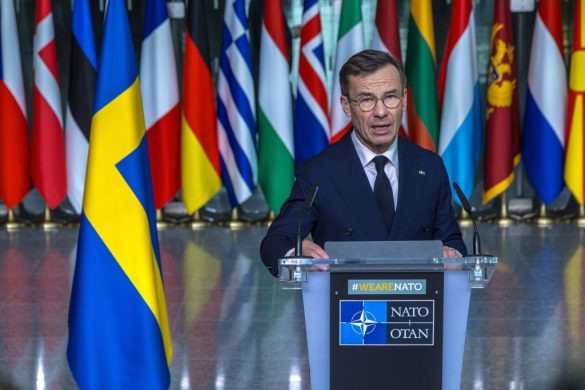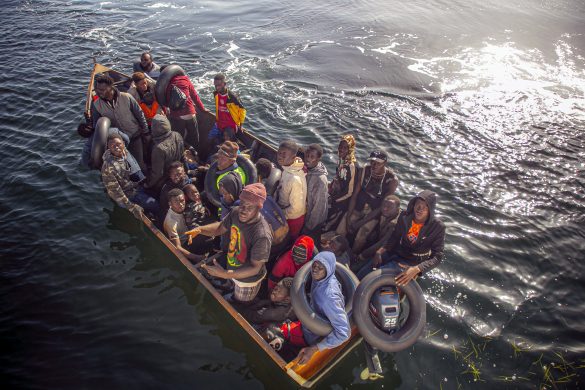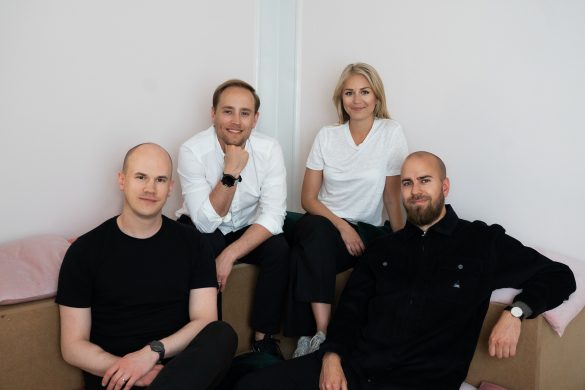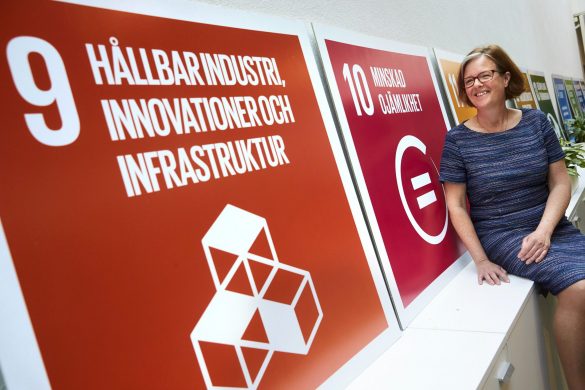Af Nick Kennedy, SciDev.Net
Forskningsenheden i Sida, der er Sveriges svar på Danida, har svært ved at fungere på grund af voldsomme nedskæringer og krav om at passe ind i rigide systemer. Sådan lyder det fra en tidligere leder for enheden.
LONDON, 11. September (SciDev.Net): Dramatic staff cuts and government control are hampering the capacity of the Swedish International Development Cooperation Agency (Sida) to improve research in developing countries, says a development expert.
The Swedish government slashed the country’s international aid budget in 2008, resulting in major staff losses, and implemented a new strategy for research aid in 2010.
“Remaining staff at SIDA are completely overwhelmed and exhausted,” Tomas Kjellqvist, from the Blekinge Institute of Technology, Sweden, who was director of Sida’s Unit for Research Cooperation from 2008 to 2010, tells SciDev.Net. “Within Sida’s Research Cooperation Unit, there have been some gains but many losses.”
The current way that the government manages Sida has totally disrupted how it works, he says.
Not only has the unit lost staff, but those who remain are forced to spend their time acting more like accountants or auditors than as brokers helping to establish contacts between international programmes and universities, says Kjellqvist.
“The staff are confined in a very strange control apparatus, which is totally contrary to what you want research to be, which is a way of searching for ideas, solutions and new partnerships. You can’t do that if strategists plan, monitor, evaluate and control everything. It’s extremely difficult to reconcile those two tasks,” he says.
“Even worse, Sida’s new public management methods have shifted the goal away from social responsibilities and into compliance with abstract government politics,” he adds.
Hannah Akuffo, head of the Unit for Research Cooperation, says it found itself in “a very drastic situation” when its Stockholm-based office staff fell from 40 to 15 people in 2010. Nine of the employees were relocated to embassies in partner countries.
Sida and the Research Cooperation Unit, which is guided by the government’s Policy for Research in Swedish Development Cooperation 2010-2014 and Strategy for Sida’s Support for Research Cooperation 2010-2014, currently works with partners in Bolivia, Ethiopia, Mozambique, Rwanda, Tanzania and Uganda, and with regional research cooperation from embassies in Kenya and Thailand.
Phasing out
In 2006, the then government decided that Sida was cooperating with too many countries and, “definitely without discussion with us”, phased out working with six — Burkina Faso, Honduras, Laos, Nicaragua, Sri Lanka and Vietnam — of the 14 partner nations, says Akuffo.
Akuffo says that ending work with a country is not always a bad thing because some programmes, such as those in Sri Lanka and Vietnam, had served their purpose.
“But, with other countries, it would have been nice to stay a little longer,” she says.
Solveig Freudenthal, senior research advisor to Sida from 2001 to 2008, agrees that it was right to end the partnership with Vietnam because the nation can now afford to support its own research programmes.
But she says that, in Laos, the phase out was too early as it is a poorer country without a strong university tradition.
Necessary changes?
Akuffo says that the government-imposed reforms have had some positive effects on the running of the unit, especially having staff in embassies in partner countries.
“Context is extremely important. Living there gives us a chance to enhance the quality of cooperation and get a better understanding of how target universities and institutions work in their environment,” she says.
“There is a good atmosphere at the moment that could lead us to look at the possibility of going into other countries that Sweden has long-term ties with. But I must stress that we need additional personnel to do it.”
The additional accountability and audits demanded by the new government prolong the decision-making process surrounding which institutions to support, ultimately meaning fewer can be funded, says Akuffo.
“As we are so few people and have to go through various administrative processes, we have to be restrictive in our total portfolio,” she says. But she thinks these changes were crucial for identifying areas where additional support is needed to improve governance and the quality of cooperation.
Valuing research
Freudenthal wants the government to recognise the value of research aid.
She conducted a study, which is due to be published on the Sida website this month, tracing the career paths of 150 Tanzanian researchers who completed PhDs with a Sida research programme. The study found that 93 per cent remained at Tanzanian universities as academic staff members, and 86 per cent are engaged in research directly related to poverty reduction and development.
This corresponds with findings from similar studies carried out in Vietnam in 2009 and in Mozambique in 2013, she says.
“I would love our government to see how successful these programmes are and how they should continue to be supported. As far as I’m concerned, it’s a very good way of spending Swedish taxpayers’ money,” she says.
Policy for Research in Swedish Development Cooperation 2010-2014 and Strategy for SIDA’s Support for Research Cooperation 2010-2014 (PDF, 36 sider)
Sida er med til at finansiere SciDev.Net



